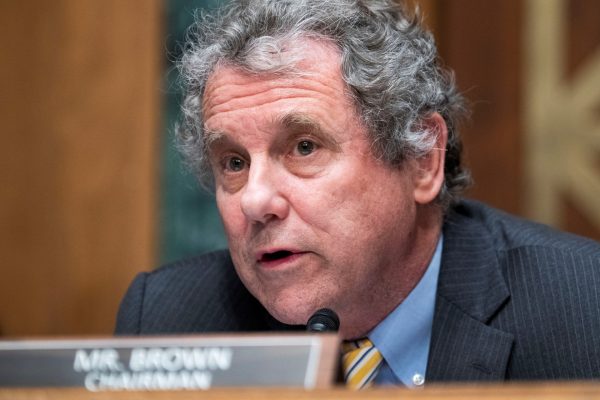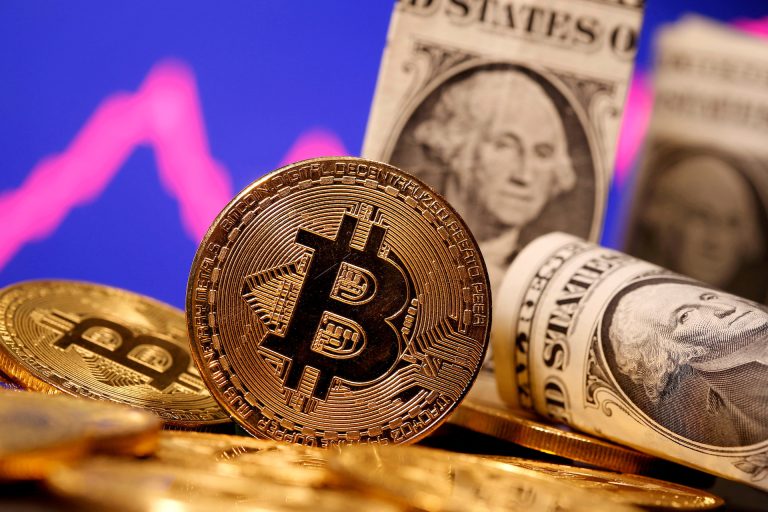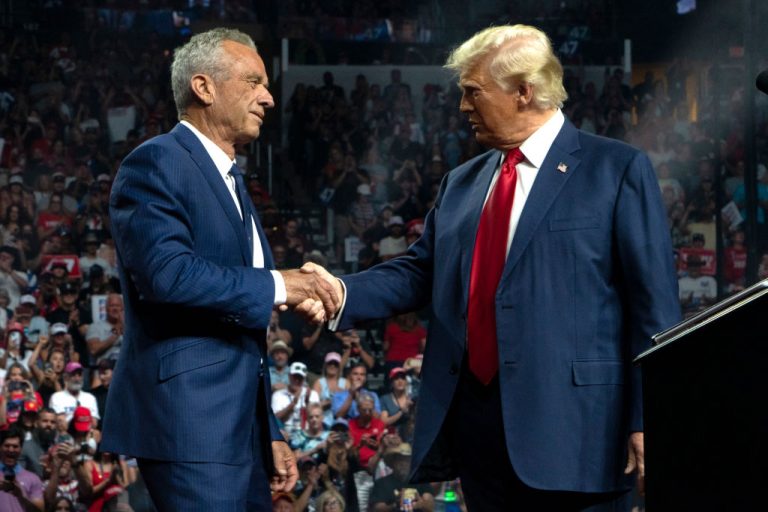On Nov. 30, a Democratic senator and chair of a key committee pressed U.S. Treasury Secretary Janet Yellen for help in securing legislation to better regulate cryptocurrency, the latest sign of pressure for tougher regulations following the collapse of crypto exchange FTX.
Senator Sherrod Brown of Ohio also urged the Financial Stability Oversight Council (FSOC), a U.S. regulatory panel comprising top financial regulators, to find ways to enhance crypto asset disclosures and bolster market integrity.
READ MORE: Leading Crypto Exchange Needs $8 Billion to Stave Off Bankruptcy
“It is crucial that risks in this area are contained and do not spill over into traditional financial markets and institutions, and we draw the correct lessons regarding customer and investor protection,” said Brown, who is chairman of the Senate Banking Committee.

FTX filed for bankruptcy on Nov. 11 after traders pulled $6 billion from the platform in three days and rival exchange Binance abandoned a rescue deal, sending shock waves across the crypto market.
Success
You are now signed up for our newsletter
Success
Check your email to complete sign up
In his letter to Yellen, Brown also urged the FSOC to press forward with recommendations made by the council in an October report stemming from U.S. President Joe Biden’s executive order this year “on Ensuring Responsible Development of Digital Assets.”
In that report, regulators identified several gaps in the oversight of cryptocurrencies, including in the crypto spot market for tokens that are not securities and high-market volatility.
(Reporting by Hannah Lang in WashingtonEditing by Matthew Lewis)







